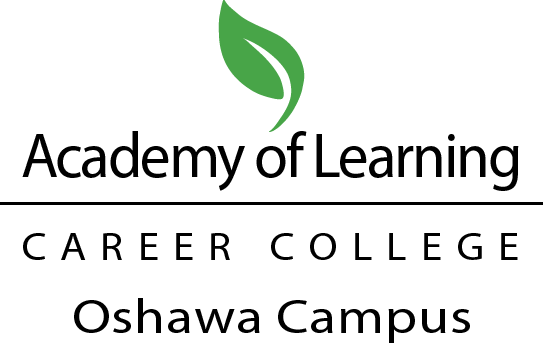
In today’s rapidly evolving job market, continuous learning and skill development have become essential for career growth and staying competitive. By actively seeking opportunities to expand your knowledge and improve your skills, you can enhance your professional value and open doors to new opportunities. In this blog post, we will explore seven valuable tips and strategies to help you embark on a journey of lifelong learning and advance in your career.
Set Clear Learning Goals:
Begin by defining your learning objectives. Identify the specific skills or knowledge areas you want to develop. Set realistic and measurable goals that align with your career aspirations. Whether it’s mastering a new programming language, improving your leadership abilities, or acquiring industry-specific certifications, having well-defined goals will keep you focused and motivated.
Embrace Online Learning Platforms:
Take advantage of the vast array of online learning platforms available today. Websites like Coursera, Udemy, LinkedIn Learning, and Khan Academy offer a wide range of courses on various topics. These platforms provide flexibility, allowing you to learn at your own pace and explore diverse subjects, from technical skills to soft skills and business management.
Join Professional Associations and Networking Groups:
Engaging with professional associations and networking groups provides opportunities for learning and career development. Attend conferences, seminars, and workshops relevant to your field. Participate in webinars and panel discussions. Interacting with industry experts and like-minded professionals will expand your knowledge, expose you to new ideas, and help you build valuable connections.
Seek Mentorship and Guidance:
Finding a mentor who can guide you in your career journey is invaluable. Seek out experienced professionals in your field who are willing to share their knowledge and insights. A mentor can provide valuable advice, help you navigate challenges, and open doors to new opportunities. Additionally, consider joining mentorship programs offered by professional organizations or within your workplace.
Develop a Habit of Reading:
Reading is a powerful habit for continuous learning. Make it a point to read books, articles, and industry publications related to your field. Stay updated on the latest trends, best practices, and emerging technologies. Reading can spark new ideas, deepen your understanding, and broaden your perspectives, ultimately contributing to your professional growth.
Pursue Stretch Assignments and Projects:
Don’t shy away from taking on challenging assignments or projects that push you out of your comfort zone. Volunteering for such opportunities within your organization or seeking them outside can help you acquire new skills, demonstrate your capabilities, and showcase your potential for advancement. Stretch assignments also offer a chance to work with diverse teams and gain cross-functional experience.
Practice Continuous Reflection and Feedback:
Regularly reflect on your learning journey and assess your progress. Identify areas where you can improve and seek feedback from colleagues, supervisors, and mentors. Actively apply the knowledge and skills you acquire in real-life situations to reinforce your learning. Additionally, consider journaling or maintaining a learning portfolio to document your achievements and track your growth over time

